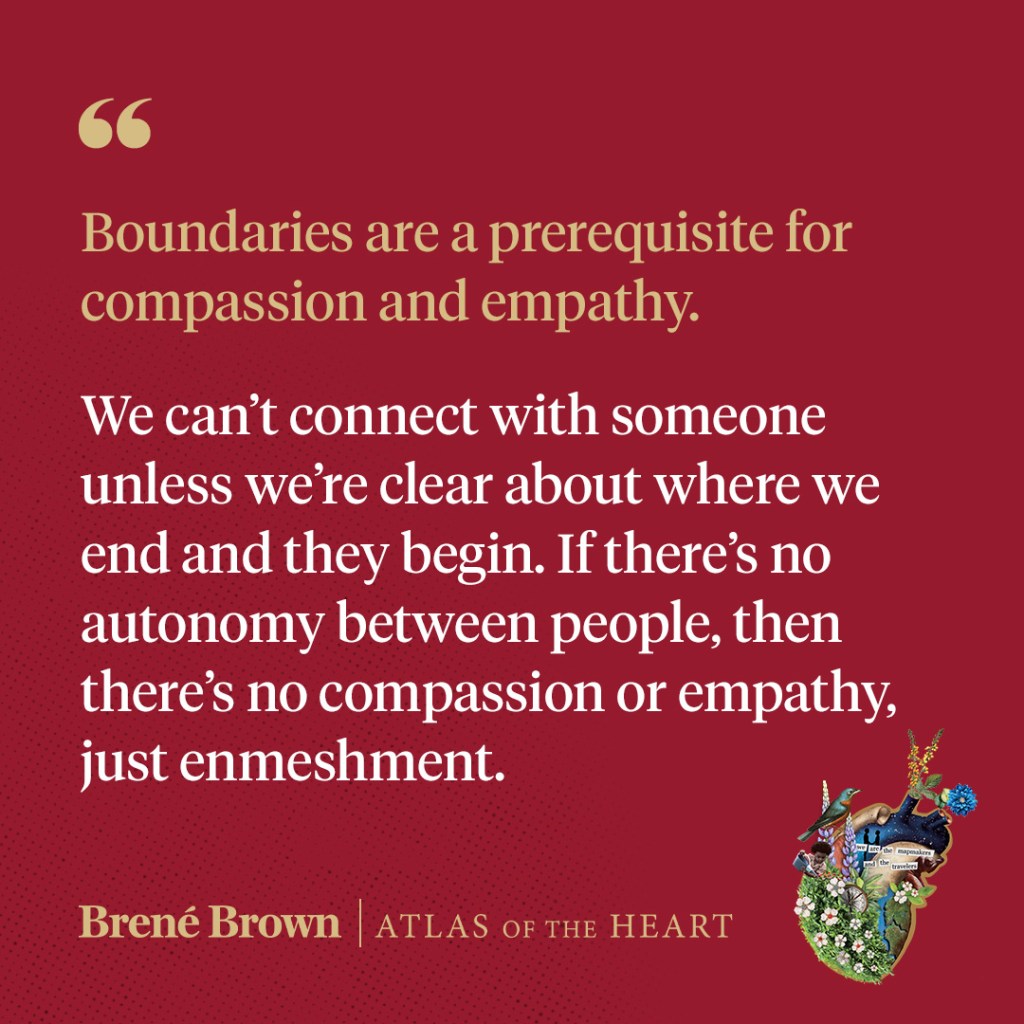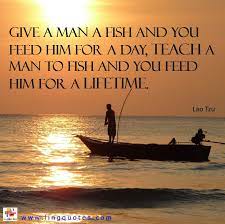I recall standing in the kitchen listening to my partner once again ask me to give him the benefit of the doubt. At the time I was impossibly confused by this. It seemed to me that we’d been having the same issue repeating itself over and over but never breaking out of the pattern. As I reflect back on these moments, I’ve come to realize that all along he was really wishing to “show up” a little differently than he actually did. He was asking me to believe that. The problem was that wishful thinking alone was not going to get the job done.
Neither of us possessed the tools we needed to move past this relationship obstacle and into something healthier and more productive. We were in a relationship stalemate. I grew tired and resentful of the same old behavior showing up over and over. My capacity to “believe” that he was trying his best was fading fast. I’m guessing that he interpreted my inability to “believe” as a lack of trust in him.
The definition of “benefit of the doubt” is “the state of accepting something or someone as honest or deserving of trust even though there are doubts.”
It’s pretty obvious now why this became such a conundrum. Relationships are built on trust. Trust gets forged through trial and error. Dr. Dan Siegel teaches us that “rupture and repair” is the gorilla glue for our most trusting relationships. We can only get to repair, when we accept accountability for our behaviors and make amends. That important step was missing. Instead, I’d get a sheepish grin and a plea to give him the benefit of the doubt. What I wish I knew then that I know now is that what we both needed were better relationship and life skills. We needed tools not wishful thinking and false hope.
It is not surprising that so many of us go through life with more obstacles than necessary. If we weren’t taught healthy relationship skills and given tools to help us navigate difficulties, then all we really have are armor, behavior patterns and conditioning. Is it any wonder that we can see our three year old selves reflected in some of the ways we show up when we are 30, 40 or even older?

In a recent two part Unlocking Us podcast, Brene Brown and her sister, Ashley, took a deep dive into what it means to live BIG. That conversation became an impactful pivot point for understanding the importance of giving people tools rather than the benefit of the doubt. When we are able to live BIG, we are able to be generous in our beliefs that others are really doing the best they can. The transformational distinction is that we hold boundaries and stay within our integrity.
Let that sink in.
From personal experience, I can assure you without boundaries we can fall way out of our integrity in a heartbeat. When that happens, it is almost like an out of body experience, and suddenly we are behaving in ways that are not at all who we wish to be and who we really are. Without self awareness and quality life tools, we will find ourselves on a familiar but uncomfortable emotional roller coaster. We can be awash in shame and guilt, feel threatened, defensive and embarrassed. We simply cannot make our best decisions — or amends — while we are riding this out.
Yet this is exactly how many of us are unconsciously operating in our most treasured relationships. We get upset with each other and we each go into different roles than we are hoping each other will actually show up with — an emotional vortex that only complicates a solvable issue.
Brene Brown offers living BIG as a tool we can use to help us stay true to ourselves and operate from a genuine belief that others are doing the best they can. BIG stands for Boundaries, Integrity and Generosity. Her extensive research has shown that the most compassionate people are also the most boundaried people.
If that seems a little counterintuitive, consider this. Boundaries are very clear directional signs for ourselves and our relationships. When we really know ourselves well, recognize our innate self-worth and practice self compassion, we are very clear about what is good for us and what is not. Boundaries set us up for success. We can use boundaries instead of armor. Both protect us — but boundaries are empowering and proactive. Armor is defensive and does not foster learning and growth.
Few of us learned about healthy boundaries when we were younger. Setting and holding boundaries are invaluable assets for our life skills toolkit.

Compassionate, boundaried people stay grounded in their integrity, their most authentic self. They have a natural insulation from reacting unconsciously and out of character. Boundaries act as the guardrails to keep them in alignment with their core values. It becomes so much easier to navigate hard conversations and big emotions from this more balanced and stable foundation.
In turn, this enables compassionate, boundaried people to be much more generous with their belief that others truly are doing the best they can. Boundaried people who are in alignment with their personal integrity have a greater capacity to stay out of judgment, to see others through the lens of common humanity and to tap into their reservoir of genuine empathy.
It is hard work to unlearn the patterns and behaviors that no longer serve us well, but the reward is hindsight that becomes infused with new information and provides us with wisdom we would otherwise miss.
Compassionate people have often come through some of life’s hardest adversities with an enriched regard for resilience, hope and empathy.
Those who can be generous in believing that people are doing the best they have the capacity to see both positive intent and poor skill sets: “I want to assume the most generous things I can about your thoughts, your actions and your behaviors.”
This is where generosity really shifts us in a new and more constructive way in our relationships with others. Brene offers that the prerequisite for this positive intent is boundaries.
“Without boundaries, we are always waiting for something different to happen. We get tired of waiting, get resentful, angry and feel taken for granted. ”
Those people who can set boundaries for themselves are very clear about what behaviors are acceptable and what is not acceptable. Boundaries keep us out of judgment, resentment, disappointment and exhaustion. It transforms our lives, not someone else’s. This is the transformational pivot.
So often, the reality is that others are in fact doing the best they can. We rarely know another person’s story and life experiences. They may have inherited a lot of bad coping skills or dysfunctional behavioral patters. Perhaps their toolkit for life is completely empty or full of painkillers and bandaids rather than healing aids.
For the record, even those with good intentions can have poor life skills and faulty relationship tools. People pleasers, rescuers and enablers may be certain of a better pathway for others and want to rush in with blueprints and implementation strategies, but this only keeps dysfunctional patterns in play. Neither the rescuer or the rescued will truly benefit from this approach.
The reality is that we are all doing the best we can with the tools we have. All the more reason for us to be invested in developing better relationship skills and a wide array of tools for our life kit.

I often reflect on this quote about teaching a man to fish when I think about all that we are learning about personal growth, emotional literacy, neuroscience, parenting and relationship skills. Too often, we spend a boatload of time fixing problems that keep popping up over and over again, creating misunderstandings, confusion and unnecessary obstacles. We are discovering so many new and improved portals for our personal growth, mental health, personal empowerment and meaningful relationships. Each and every one of us who is working on self improvement is making an impactful difference.
RECOMMENDED RESOURCES:

Check out both Parts 1 and 2 of the Living BIG episodes on Unlocking Us Podcast:
https://brenebrown.com/podcast/living-big-part-1-of-2/
Part 2 – https://brenebrown.com/podcast/living-big-part-2-of-2/

If you are a parent and want to discover how “discipline” is really a “teaching opportunity”, check out this incredible book by Dr. Dan Siegel and Tina Payne Bryson: No Drama Discipline.
Spoiler alert: boundaries are a big part of the teaching/learning. Teach them young about the value of boundaries!


Well said, Amy.
LikeLiked by 1 person